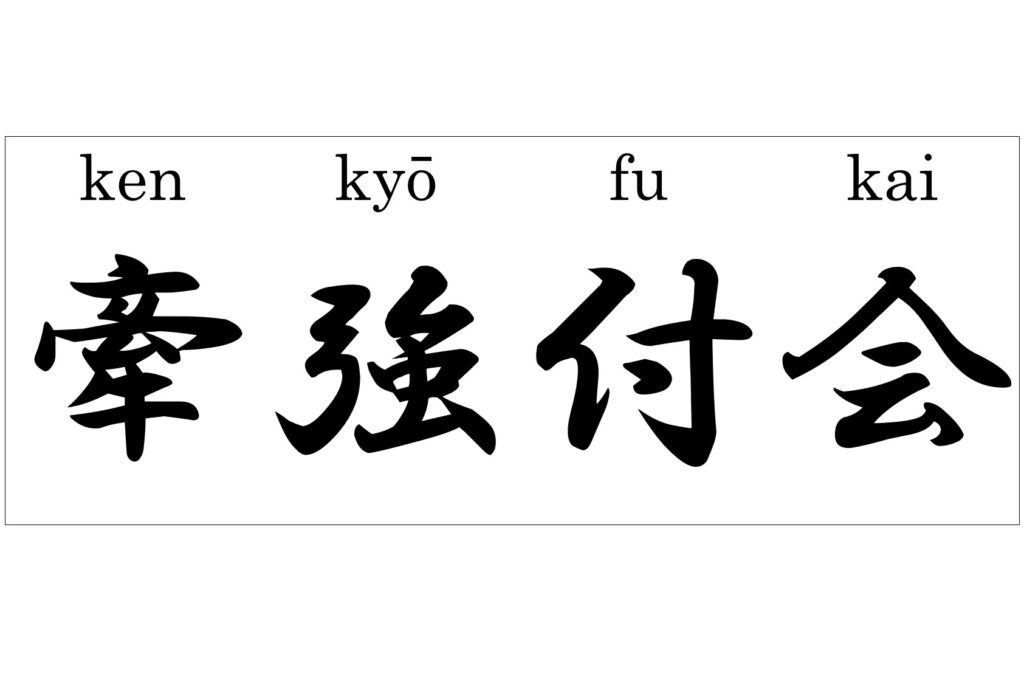Today I looked into the consept of Jū yoku gō o seisu, that is, “Skilled softness controls toughness.” It is a concept handed down from old Japanese jūjutsu. It is an expression that means that flexibility can win over firmness, an also in the sense that the weak can defeat the strong. It was used by Jigorō Kanō when he formulated his concept of the most effective use of physical and mental strength.
The phrase “Skilled softness controls toughness” was taken from the “Three Strategies” (Ch. Sānlüè, Jp. Sanryaku), a Chinese book on military methods said to have been compiled by compiled by semi-mythological Taoist hermit Huang Shigong and written down by Taigong Wang (commonly known as Jiang Ziya, 1128–1015 BC, aged 113).
However, in the content of the book, there are references to cavalry battles that should not have existed during the time of alleged origin, even though they were chariot battles, and there are words found in it which were also not used during that era.
Therefore, the “Three Strategies” is believed to be a forgery written by a person in later generations who pretended that it was compiled by Huang Shigong and written down by Taigong Wang.
Obviously, forgeries always existed, but the story provided to it made for a great success. The work was actually included in the “Seven Military Classics” of China by Emperor Shenzong of the Song-Dynasty. And if the Emepror said so, it must have been a true Taoist hermit’s work.
There is even a Japanese 4-character idiomatic expression (yojij ukugo) to describe such cases, but it is generally so good that I want to present it here. The phrase is kenkyō fukai.
Ken means to pull a rope, or to draw near a rope.
Kenkyō means “to twist; to stretch; to distort; to strain; to contort” the unreasonable.
Fukai means “to collect and glue together things that are disjointed, and to distort them.” In short, it means to make a far-fetched interpretation of something.
Like this, the expression kenkyō fukai refers to:
- “a high-handed reasoning for one’s own convenience.”
- “take something that doesn’t make sense and declare it as reasonable.”
- “Spin something that doesn’t stand to facts or reason so that it is convenient for oneself.”
© 2023, Andreas Quast. All rights reserved.

